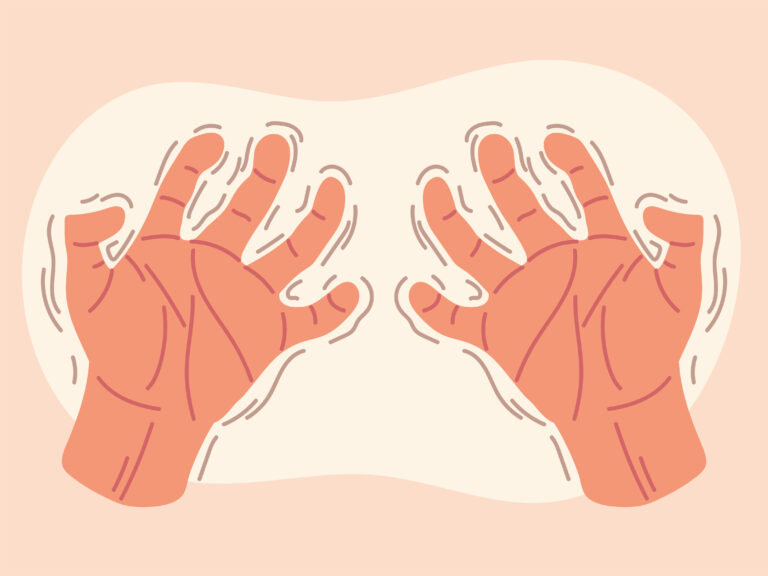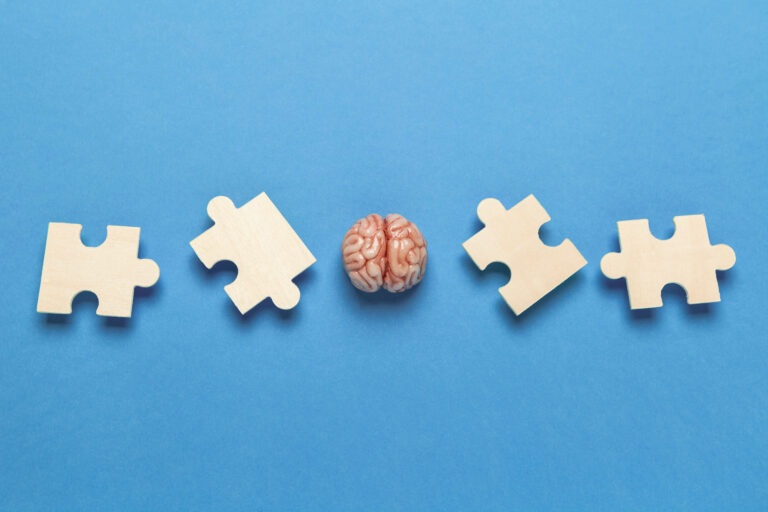People with dementia may believe that TV characters are talking to them because of **hallucinations and delusions** caused by changes in their brain function. These symptoms are common in dementia and arise from the brain’s impaired ability to process reality, leading to misinterpretations of sensory information such as sounds and images on the television[1][2].
Dementia is a group of brain disorders characterized by progressive damage to brain cells, which affects memory, thinking, and perception. As dementia progresses, especially in conditions like **Alzheimer’s disease**, **Lewy body dementia**, and **Parkinson’s disease dementia**, the brain undergoes atrophy (shrinking) particularly in areas responsible for memory, auditory processing, and spatial awareness, such as the temporal and parietal lobes[2]. This damage can cause the brain to misinterpret what it sees and hears, resulting in hallucinations—perceiving things that are not actually present—and delusions—strong false beliefs.
When a person with dementia watches TV, their brain may not correctly distinguish between the fictional world on the screen and reality. The voices and conversations of TV characters can be perceived as real and directed at them. This is partly because the **temporal lobe**, which processes auditory information, and the **parietal lobe**, which helps interpret spatial and sensory input, are impaired[2]. The brain tries to fill in gaps caused by memory loss and confusion by creating explanations or stories, which can lead to the belief that TV characters are communicating directly with them[1].
Other factors can worsen these hallucinations and delusions:
– **Environmental overstimulation:** Noisy or busy surroundings can confuse a person with dementia, making it harder to separate reality from hallucinations[1].
– **Changes in routine or unfamiliar settings:** These can increase anxiety and paranoia, intensifying delusional thinking[1].
– **Medication side effects or interactions:** Some drugs used to treat dementia or other conditions can cause or worsen hallucinations[2].
– **Physical illnesses:** Infections, dehydration, or other medical problems can trigger or exacerbate hallucinations[1][2].
– **Vision or hearing impairments:** Sensory deficits common in older adults with dementia can contribute to misperceptions[2].
A specific example of delusional misidentification is **Capgras syndrome**, where a person believes a familiar person has been replaced by an imposter. This syndrome is more common in Lewy body dementia and can be linked to hallucinations and paranoia[1]. While not directly about TV characters, it illustrates how dementia can distort recognition and belief systems.
The hallucinations and delusions in dementia are related to **psychosis**, a mental state involving loss of contact with reality. Psychosis includes hallucinations, delusions, disorganized thinking, and emotional disturbances[4]. In dementia, psychosis arises from the biological changes in the brain combined with psychological and environmental stressors.
Caregivers can help by:
– Maintaining a calm, familiar environment to reduce confusion and overstimulation.
– Avoiding arguing about the hallucinations or delusions, instead gently redirecting attention.
– Ensuring proper medical evaluation to rule out infections, medication side effects, or other treatable causes.
– Using clear, simple communication and reassurance.
– Consulting healthcare providers about possible treatments, including medications that may reduce hallucinations, though these must be used cautiously due to side effects[1].
Understanding that these experiences are symptoms of brain disease—not intentional behavior—can help caregivers respond with patience and empathy.
**Sources:**
[1] Dementia Care Central, Hallucinations & Delusions Associated with Dementia / Alzheimer’s
[2] Healthline, Dementia and Hallucinations: Causes, Symptoms, and How to …
[4] Calm Blog, What is psychosis? Signs, causes, and how to get help





